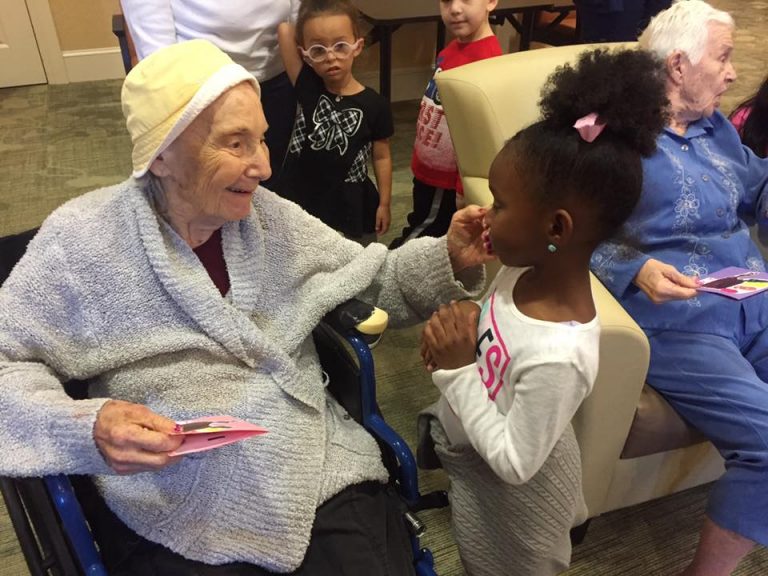5 Facts to Remember When Caring for the Elderly with Behavioral and Cognitive Impairments
December 12, 2016Cognitive and memory impairments can change how an individual thinks, feels or acts. These changes present families and caregivers with unique challenges. For instance, an ordinary  conversation can be quite frustrating if your family member has difficulty remembering what has been said from one minute to the next. As a caregiver, it is important to familiarize yourself with some of the facts that arise when taking care of an elderly person with behavioral and cognitive impairments, so you can know how to calmly and efficiently respond to different situations.
conversation can be quite frustrating if your family member has difficulty remembering what has been said from one minute to the next. As a caregiver, it is important to familiarize yourself with some of the facts that arise when taking care of an elderly person with behavioral and cognitive impairments, so you can know how to calmly and efficiently respond to different situations.
- You Will Be Discriminated Against– Individuals with cognitive health issues and their families are often discriminated. For instance, there is a growing concern that people with cognitive problems receive second-class physical health care. Some of the psychiatric practice aspects are reported as being disrespectful, insensitive, or even disabling.
- You Will Experience High Strain– Taking care of an elderly with behavioral and cognitive impairments is overwhelming. Some of the stresses include emotional, physical, and economic pressures. You will require the support of social, financial, health and legal systems.
- You Will Deal With Aggressive Speech or Actions– Statements such as” I want to go back home!” or “I won’t eat that!” may escalate to aggressiveness. As a caregiver, remember your loved one isn’t doing this on purpose. Aggression can be triggered by physical discomfort or environmental factors like an unfamiliar situation.
- They Are Confused About Time or Place– Cognitive health impairment creates memory loss and confusion. Use simple explanations and other tangible reminders like photos to answer questions that show that your family member is confused about his or her surroundings.
- They Will Have Poor Judgment– Behavioral and cognitive impairments cause degeneration of brain cells, resulting in errors in thinking and poor judgment. You will notice that your loved one has unexplained stockpiling or hoarding. When this happens, simply be reassuring and encouraging.People with cognitive and behavioral impairments also suffer from anxiety, depression, and paranoia. Consult a psychologist on the best behavioral and environmental strategies for dealing with these behaviors.
Call Encore
Encore at Avalon Park provides the best health care services to elders with cognitive impairments such as Alzheimer’s or dementia, enabling them to have a happy and comfortable life. To check out out room options, or schedule a tour, call us today at 407-270-7500
